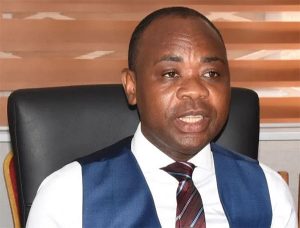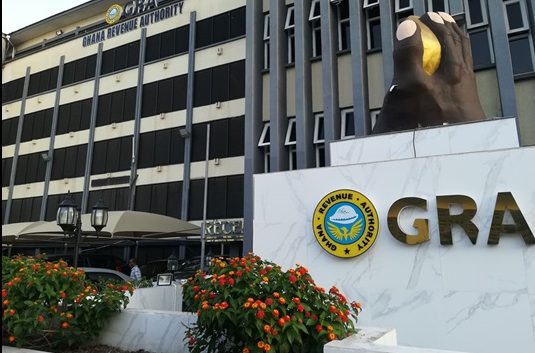The Monetary Policy Committee (MPC) has cut the policy rate, the rate at which the Central Bank lends to commercial banks, by a 100-basis point, citing disinflation as the reason.
The monetary policy rate is also an important tool for businesses, as it determines the interest rate on loans to businesses by commercial banks.
The Governor of the Bank of Ghana, Dr. Ernest Addison, announced the reduction in the policy rate at the 116th Monetary Policy Committee (MPC) press briefing in Accra on Monday, January 29, 2024.
Dr. Addison explained that several factors had supported the disinflation process, including the tightening monetary policy stance throughout 2023, favourable international crude oil prices, which led to stable ex-pump prices and transportation costs, and relative stability in the exchange rate.
The Governor, however, noted that there could be upside risks to the inflation outlook, hence the need for strict implementation of the 2024 budget and a tight monetary policy stance to sustain the disinflation process.
In the banking sector, Dr. Addison stated that the bank’s liquidity and profitability positions had improved in the aftermath of the domestic debt restructuring.
Speaking about domestic macroeconomic conditions, he indicated that there had been a gradual recovery in economic activity due to the positive results of the International Monetary Fund’s (IMF) Extended Credit Facility (ECF) programme.
Still on the economy, the Ghana Revenue Authority (GRA) says it has collected a total tax revenue of GH¢113.06 billion for the 2023 fiscal year, surpassing its revised target of GH₵109.19 billion.
This performance represents a nominal growth rate of 49.3% against an expected growth rate of 44.2% over the 2022 fiscal year.
Initially, the Authority was tasked with collecting a total tax revenue of GH₵106.00 billion for the 2023 fiscal year. This represents a 40.0% growth over the collection of GH₵75.71 billion for the 2022 fiscal year.
The Commissioner-General of GRA, Rev. Dr. Ammishaddai Owusu-Amoah, said the target was revised in the 2023 Mid-Year Budget to GH₵109.19 billion, which was an upward adjustment of GH₵3.20 billion (i.e., 3.0%). This represents a growth of 44.2% over the collection in 2022.
Domestic tax revenue grew by 54.0% and contributed 73% of the total revenue raised in the year, whereas tax revenue from international trade (customs) grew by 38.2% and contributed 27% to total tax revenue.
In 2023, tax revenue growth more than doubled within two years, a feat which occurred only in 2011 and 2012, when Ghana first discovered oil in commercial quantities.
Rev. Dr. Owusu-Amoah attributed the outstanding performance to the intensified compliance activities to recover overdue liabilities as well as provisional assessments for 2023 and the high payment of Corporate Income Tax (CIT), especially from the Banks.
Also, the increase in revenue from a 1% withholding tax at the ports intensified fieldwork in the collection of tax stamps from microbusinesses, especially artisans and Vehicle Income Tax (VIT) payments, which resumed full scale during the year after its suspension as a result of the COVID-19 pandemic.
E-Levy also registered year-on-year growth of 85.7%. The tax type saw an increase in transaction levels compared to the previous year. There was an increase in the level of transactions with a bump in revenue in December 2023 due to the increase in person-to-person transfers.












